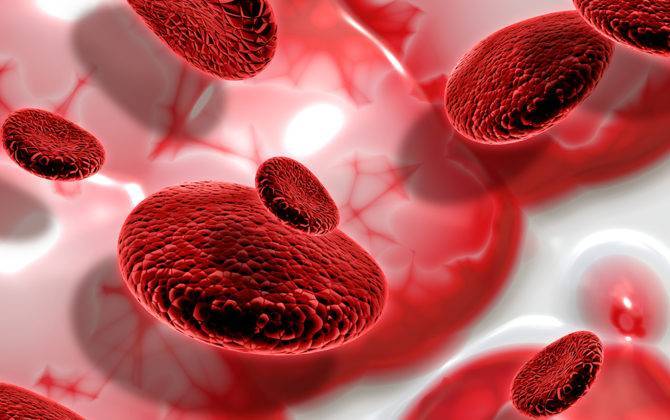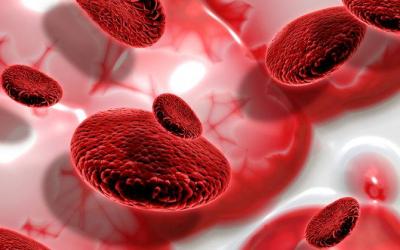A pioneering gene therapy clinical trial for sickle cell disease has been halted after two participants were diagnosed with cancer.
The developing company, Bluebird Bio, stated that one patient, treated five years ago, was found to have myelodysplastic syndrome, a form of cancer considered a precursor to leukemia. Another patient was diagnosed with acute myeloid leukemia, according to The New York Times. While the cause of these cancer diagnoses remains unclear, it is possible that the disabled virus used in the gene therapy damaged the DNA in the patients' blood-forming cells in the bone marrow. John Tisdale, head of the cellular and molecular therapy branch at the National Heart, Lung, and Blood Institute in the United States, indicated that this represents the worst-case scenario.
It is also likely that both types of cancer were caused by a strong drug called busulfan, which is used to eradicate bone marrow to make room for new cells modified by the gene therapy. Dr. Tisdale noted that busulfan is known to increase the risk of developing leukemia. Compounding the problem is the fact that individuals with sickle cell disease are already at an increased risk for leukemia, even without treatment.
Despite this, reporters noted that no one expected two individuals to develop cancer during this small trial, making the results disappointing for those who hoped for a cure for sickle cell anemia, which predominantly affects Black Americans. Dr. Melissa G. Frye Jones, a researcher at the University of Texas Medical School in San Antonio, told The New York Times, "It seems like the sickle cell community can't catch a break at all." She added, "What also concerns me is that the Black community will lose trust in research studies again, as the medical community takes a long time to regain some degree of trust."




